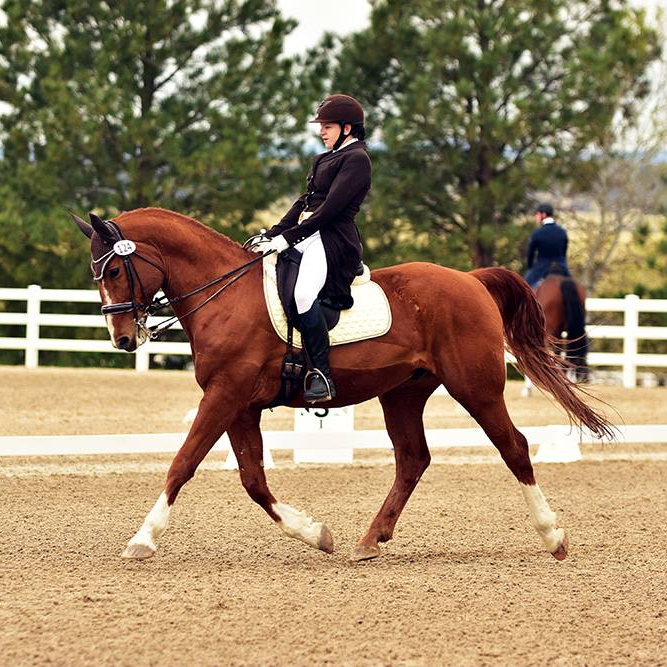We have teamed up with Dr. Bret Luedke from Heritage Equine to write a comprehensive article on biosecurity.
Bio-Security for the horse owner:
Boarding barns can be a great place to meet and ride with like-minded horse people across many disciplines but can also serve as a great place for diseases to spread. There are a number of precautions you can take to ensure the health of your horse and the horses around you.
- Wash your hands – The number one preventative for the barn is washing your hands between handling any horses. The dust and dirt in a horses hair tends to be full of contaminants most of which can be easily removed with a little soap, water and a good scrub.
- Keep your items clean – Trying to keep anything in a barn environment clean can be difficult, but the most important thing is that if it is used between horses, it needs to be washed first. This includes buckets, brushes, tack, etc. Equipment that cannot be cleaned should not be shared between horses.
- Know your horse – Keeping a close eye on your horse, especially during a disease outbreak is very important. Only you know your horse’s intricacies and if he/she is not acting right earlier intervention is always better. Taking daily temperatures and noting feed and water intake are easy tasks that can keep you on top of your horse’s health.
In the event that your horse does catch whatever is going around:
- Isolation – Don’t be shy in letting others know that your horse may be contagious by putting a sign up or putting ropes around your stall. This will let people know to keep themselves and their horses at a distance and hopefully limit the spread of the disease.
- More Cleanliness – Anything that comes out of the stall now has the potential to carry pathogens including wheelbarrows, pitchforks, water buckets, even your clothing. Because of this we recommend any stall cleaning or handling of a sick horse be the last thing you do at the barn and afterwards changing your clothes, washing your boots etc. to limit re-exposure the next time you’re at the barn.
In all, these guidelines will help to ensure the health of your horse and can be instituted anytime, outbreak or not. If you are ever concerned that your horse, donkey, mule or other equine may be ill, please seek the advice of a veterinarian. For a more information please visit the American Association of Equine Practitioners website’s for a more exhaustive list of biosecurity guidelines at http://www.aaep.org/custdocs/biosecurityguidelinesfinal030113.pdf






Leave a Reply
You must be logged in to post a comment.